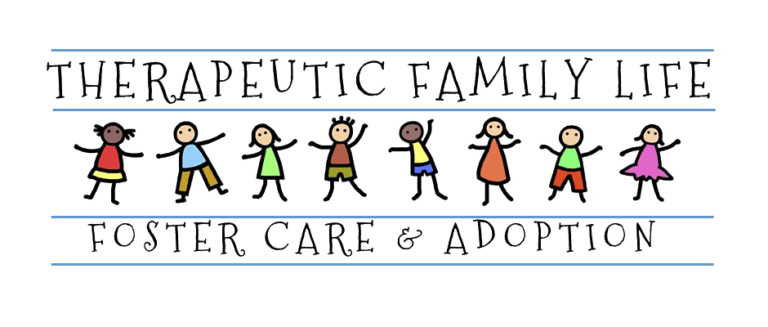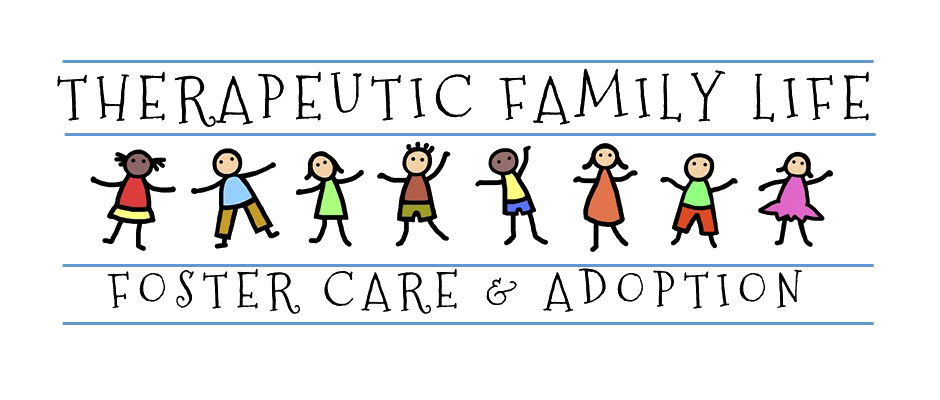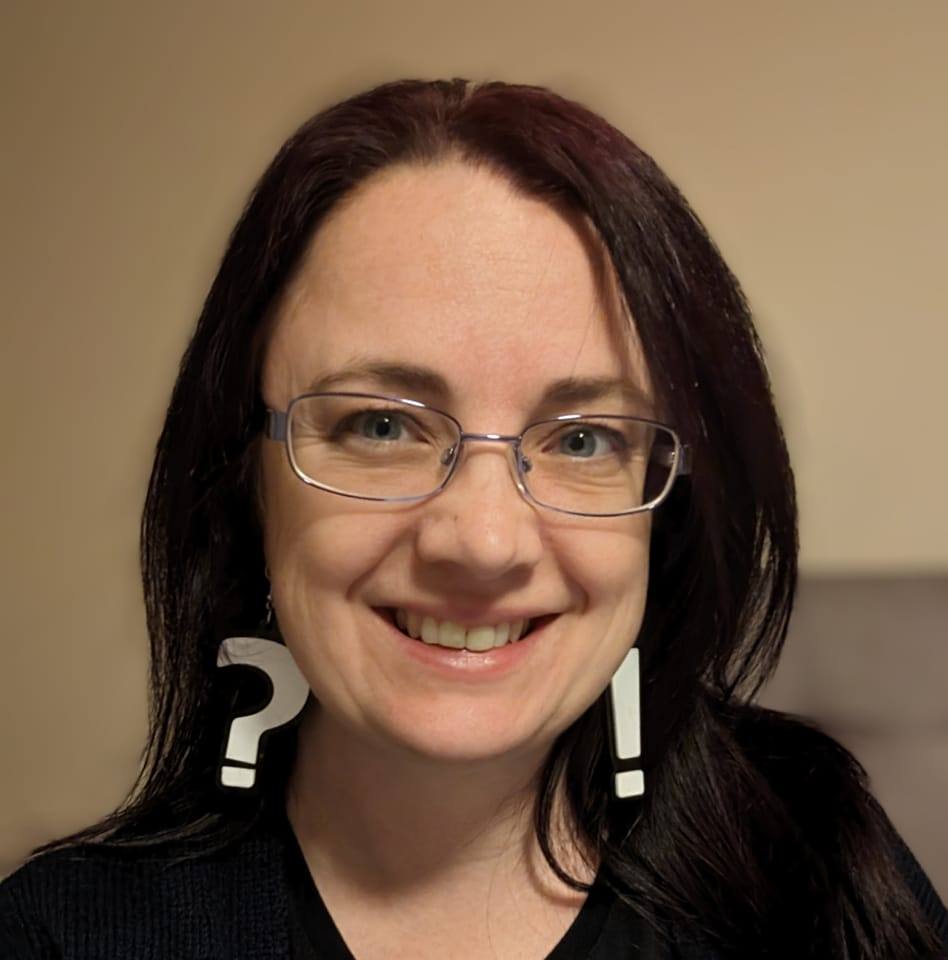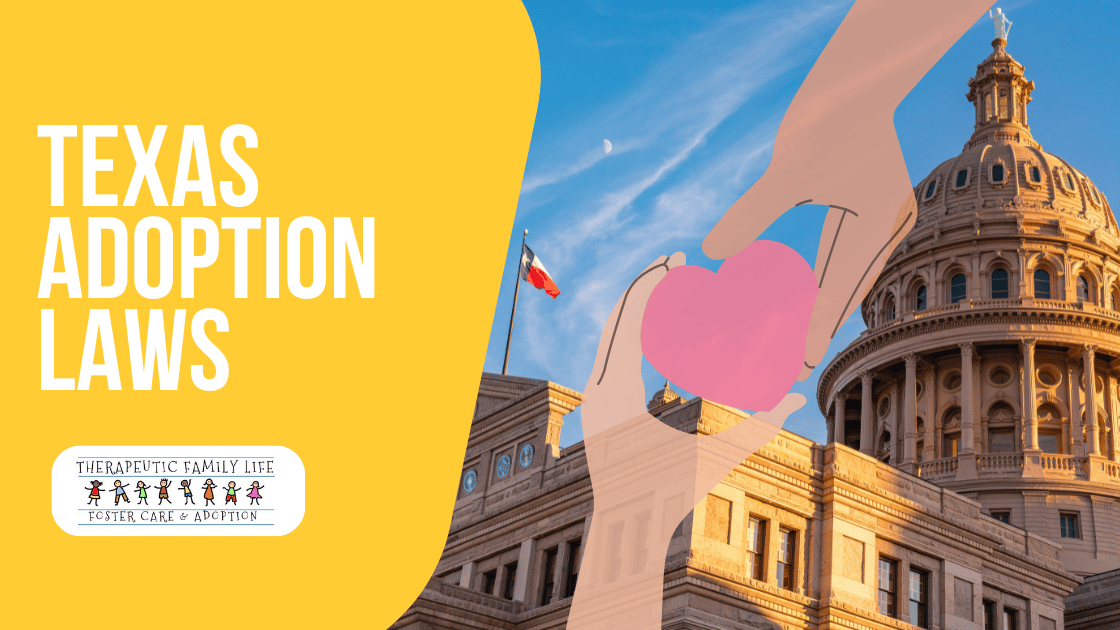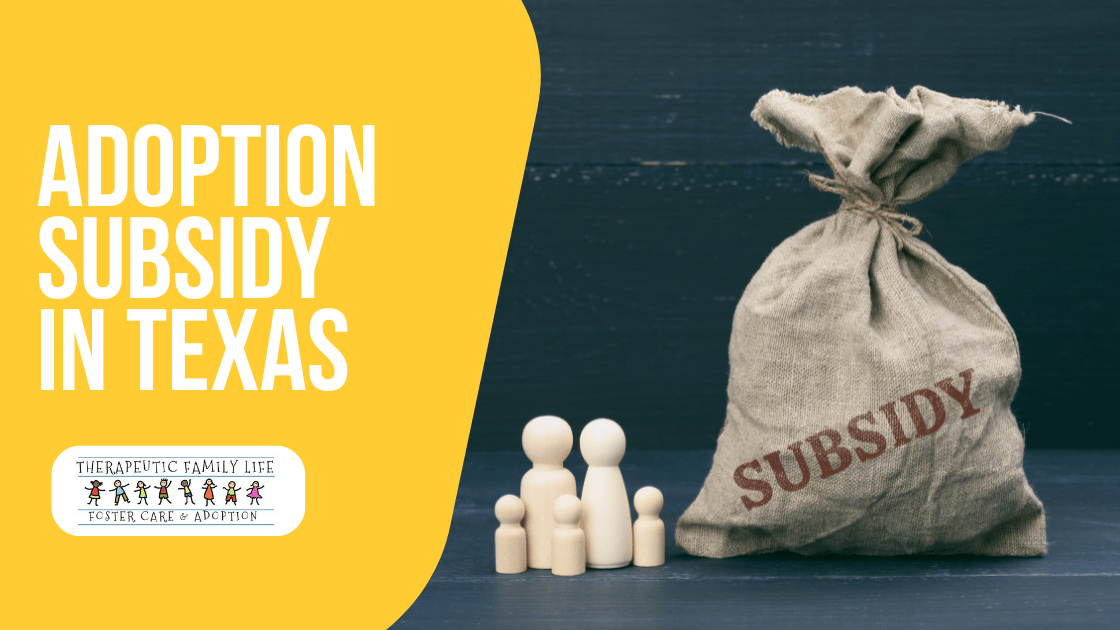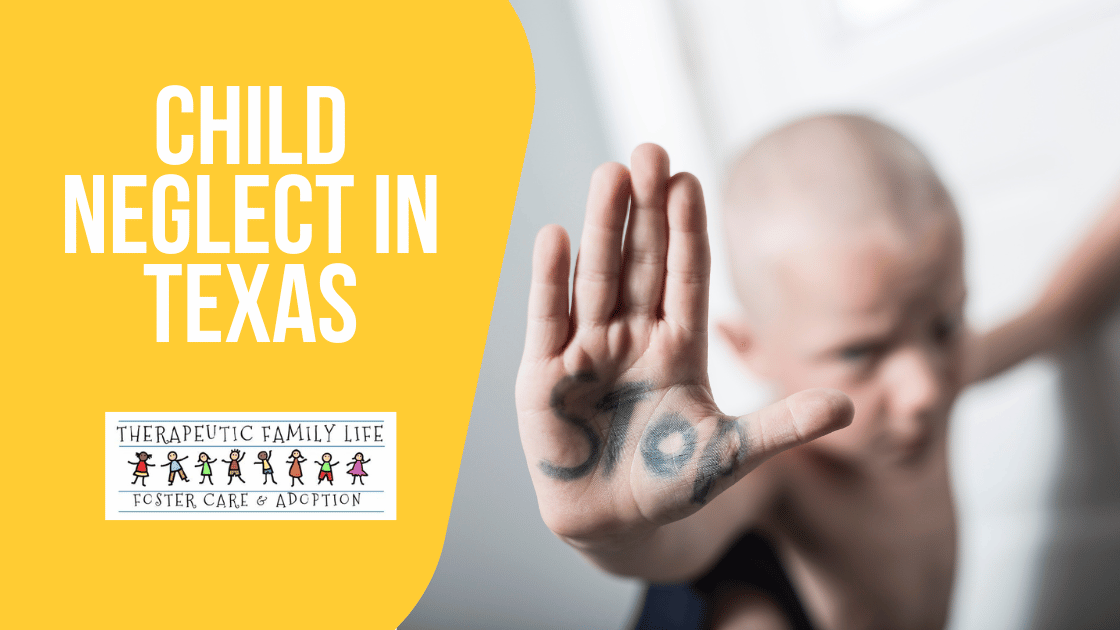If you have one or more biological children and are considering adoption to further grow your family, it is natural to wonder how the adoption process may affect your children and how the adoption process might be affected by the fact that you already have one or more children. In this article, children’s book author Holly Marlow shares her perspectives as a mother to a biological daughter and an adopted son.
How having a biological child affects the adoption process
It may affect who you adopt
There are several ways in which the adoption process will be different if you already have a child in the family. Firstly, it will affect your views on who you can adopt. You already have a child to consider, so you may feel that certain disabilities may have an unfair impact on your birth child’s life, for example, if it looks likely that you would need to spend a lot of time away from them for hospital stays with your adopted child.
You may also be more nervous about adopting a child who has a shorter life expectancy due to health risks because it’s hard to knowingly put your biological child in a situation where they may experience great loss. A lot of prospective adopters have these worries, and they are nothing to be ashamed of. You need to make the choice that feels right at the time so that you feel confident that you can be a caring, nurturing parent to all of your children.
It is also important to remember that once you have adopted a child, they will be your child no matter what happens. You will find ways to cope with any unexpected health issues, just as you will if your biological child develops health problems.
It may affect how your adopted child settles in
When your adopted child joins the family, you may find that they bond quickly with your biological child, as it is often easier for children to play together and feel safe in each other’s company. If your child has not been looked after properly by all of the adults in their life, they may find it hard to trust adults as quickly as they can trust other children.
It may affect how you talk about adoption
Having a biological child may affect how you talk about adoption to your children. In most cases, adopted children are at least a couple of years younger than any other children already in the family when they join it. This means that the older children may think about things in more depth and ask more questions than their new, younger sibling. Sometimes, older siblings will ask questions that the younger child isn’t yet ready to understand the answers to.
There’s a delicate balance between respecting your adopted child’s ownership of their personal story and respecting your older child’s right to properly know their sibling. You may feel that your birth child has a right to know more than people outside of your family, but that your adopted child should know parts of their life story before anyone else. As with so many things in parenting, there is no “right” or “wrong” answer. You will need to use your best judgment in the moment to respond to your child’s questions about their sibling.
How adopting affects your biological child
It affects your family’s routine
Adoption is a major life change for the whole family, but the change is of course most dramatic for the adopted child. For this reason, one of the primary goals of the adoptive family is usually to try to minimize the changes to the adopted child’s routine during the settling in period, to help them to feel safe and reassured that their new family knows how to look after them the way their foster family did.
All parents who have more than one child have to learn how to balance the differing needs of their children, but this can be more complicated when the child is joining your family from foster care. A baby born into a family typically has to adapt to the routines of their elder siblings and will, as a matter of course, be exposed to the foods, games, TV shows, and activities that the older child likes.
Many children who have spent some time in foster care will already have an established routine. In addition, they may have developed likes, dislikes, hobbies, and interests that don’t align with those of their new elder siblings. It can, of course, be a brilliant opportunity for both children to try foods and activities that their sibling enjoys, but during the early days when you are all adjusting to your new family, you may find that you end up making compromises, such as preparing different meals for each child.
Your biological child may learn about trauma-related behavior
Many parents worry that their adopted child may exhibit trauma-related behavior that affect their birth child. While this is a valid concern, social workers have a responsibility to the whole family and will not place a child with you if they feel that they pose a threat to the other children in your family.
In most cases, the adopted child will be younger than your biological child, so you can mitigate the risks by ensuring that your biological child understands what is acceptable versus unacceptable behavior and knows that they can always talk to you if they are worried or need help. Many children go through phases of hitting, biting, and other aggressive behaviors, regardless of their start in life, so you would probably need to help your child deal with difficult behaviors in a younger sibling who joined the family by birth, too.
Some trauma-specific behaviors can require you to discuss things with your birth child that you may not otherwise have expected to. For example, if an adopted child has insecurities around food, your older child may ask why their sibling seems stressed at the mention of food, over-eats, or seems to have food on their mind all the time. While it is sometimes tempting to shield children from the sad truths of the world, it isn’t necessarily a bad thing for your birth child to learn that not all children have had the same start in life as them and that their sibling may worry that they won’t be fed enough, or consistently.
Similarly, your adopted child may test boundaries or reject a parent for a period of time. You may find yourself explaining to your birth child that you are the adopted child’s third family (or more) after their biological and foster families, so their new sibling may not yet fully believe that you will always love them, and sometimes children do things to check that they are still loved no matter how they behave. These may not be topics you would have chosen to discuss with your children if you hadn’t adopted, but understanding these situations can help your biological child to develop empathy towards other children and to understand that you look after them properly.
How adopting after a biological child affects your adopted child
Your adopted child may learn from their new sibling
Many children benefit from having older siblings who can teach them things and help them to feel safe. Children who are used to having siblings in foster care may especially enjoy having other children to play with and learn from. An older sibling can show the younger child that bath time is fun, and if they tip their head back when the water is being poured on their hair, the bubbles won’t go into their eyes.
They can show new siblings that grandparents and other extended family and friends are safe people who they trust. If older siblings enjoy going to school, the younger child will soon learn that it’s alright to be “left” at school because parents will return to pick up their children, so they may feel less nervous about that separation when it is their turn to start school.
They may sometimes feel “different”
Your adopted child will learn at some point that their sibling was born into the family. Some children find it upsetting and unfair that they didn’t “grow in Mom’s belly.” It is important to empathize and acknowledge that it is unfair that they needed to be adopted in the first place. Your child didn’t choose to be adopted, and they should never be made to feel like they owe you gratitude for adopting them. They should know that you recognize that it is unfair that they needed to be adopted, even though their joining your family brings you great joy and you love them very much.
If the child still has a bond with members of their foster family, it can be helpful to remind the child that they were loved and looked after by their foster family, who they wouldn’t know if they had grown in their adoptive Mom’s belly. Adopted children may also notice that they have physical differences from the rest of their family. You can provide comfort by explaining that they wouldn’t be the person they are if they didn’t have genes from their biological parents and that you love them as they are, including all of the wonderful attributes that they inherited from their birth family.
Adopting from foster care can be incredibly fulfilling
Although there are some unique challenges to consider when adopting after having a biological child, it can also bring great joy to your family. It is deeply rewarding to see the sibling bond grow between your children, to see how they learn to look out for one another, and to hear them laugh and play together.
Therapeutic Family Life
At Therapeutic Family Life, we strive to place children in nurturing foster and adoptive homes where they can reach their fullest potential. If you feel moved to foster or adopt a child and expand your family, call us or send us a message.
Holly Marlow is the author of “Adoption after a Biological Child” and award-winning children’s books including “Delly Duck” and “Cousins by Adoption.” As a parent to biological and adopted children, Holly strives for a gentle, therapeutic parenting style. This led her to create stories to help children to understand some of the emotional and practical complexities of foster care, kinship care and adoption.About This Author

Holly Marlow
